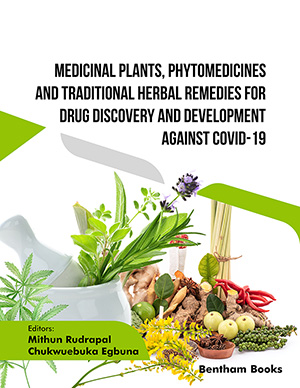Abstract
Background: Curcumin has been shown to possess strong cytotoxic effect against various cancer cell lines. However, curcumin has not applied as a drug for treatment of cancer yet due to low solubility in water and low bioavailability. The aims of this study were to prepare a new polyethylene glycol (PEG) conjugated curcumin and to evaluate its antitumor activity in vitro.
Methods: PEG-CUR was prepared by the reaction between curcumin and PEG. PEG-CUR which was characterized by SEM, TEM, FTIR, DSC and 1H NMR analysis. The physicochemical parameters of PEG-CUR such as zeta potential, size distribution, solubility and percentage of curcumin were also investigated.
Results: Our results showed that the percentage of curcumin in PEG-CUR was 13.26 ± 1.25 %. PEG-CUR has nanosize values of 96.3 nm and the zeta potential values of - 48.4 mV. The PEG-CUR showed significantly increasing curcumin’s solubility in water and another medium such as in 0,1 N HCl, phosphate buffer pH 4.5 and pH 6.8 solution and n-octanol. Our data also have shown cytotoxicity effect of PEG-CUR was much greater than curcumin-free in two different HepG2 and HCT116 cancer cell lines.
Conclusion: It could be concluded from our results that the PEG-CUR may be a potential candidate for cancer treatment. Further studies are needed to evaluate the antitumor efficacy of PEG-CUR in vivo.
Keywords: PEG-CUR, curcumin, cancer cells, cytotoxicity.






























